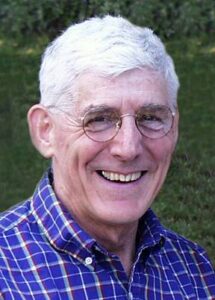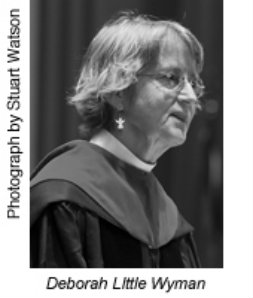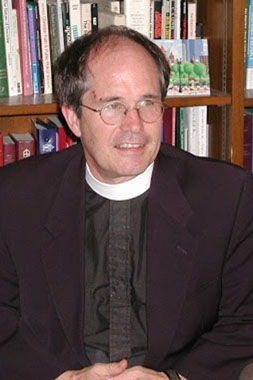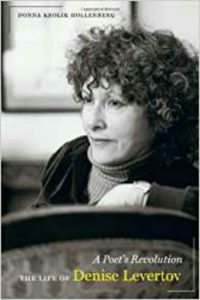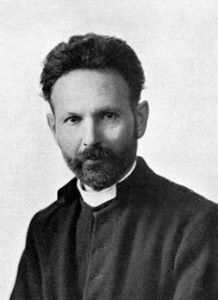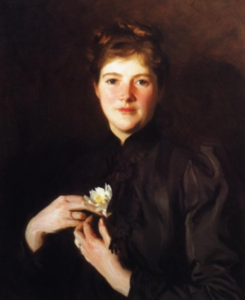August 18, 2024
This week we pause to remember Jonathan Myrick Daniels, civil rights activist and Episcopal seminarian at the Episcopal Divinity School, who sacrificed his life in the service of voting rights marchers in Selma. He defended Ruby Sales, shielding her from death in an altercation with law enforcement on August 20, 1965.
Daniels was responding to Martin Luther King’s call for clergy of all faiths to support voting rights and the integration of churches. He first attended the Selma to Montgomery March and returned to Selma to assist in a voter-registration project in Lowndes County. Daniels explained his return to Selma in this way: “something had happened to me in Selma, which meant I had to come back. I could not stand by in benevolent dispassion any longer without compromising everything I know and love and value. The imperative was too clear, the stakes too high, my own identity was called too nakedly into question…I had been blinded by what I saw here (and elsewhere), and the road to Damascus led, for me, back here.”
The Episcopal Church honors Daniels on August 14th. He is recognized as a martyr and was added to the observances of Lesser Feasts and Fasts in 1999. August 14, 1965, was the day he and the other activists were arrested in Fort Deposit, Alabama for protests calling for the integration of public places and voting rights (six days before his assassination). Continue reading


